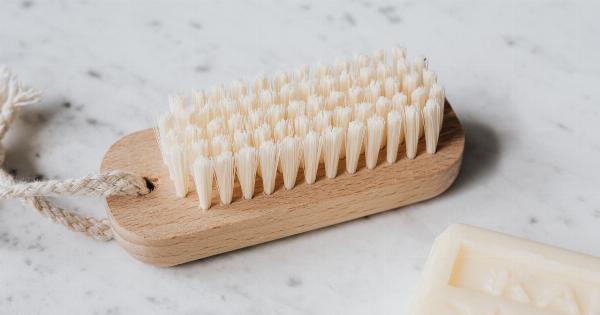Winter might be cozy, but it’s also the time when people are the most susceptible to various ailments. Whether it’s a common cold, flu, or other seasonal illnesses, the cold can be a challenge on its own.
However, it’s not just the cold that people need to worry about. When the cold is going, the monster arrives – and by “monster,” we’re referring to allergies. That’s right; while many people think of allergies as a springtime phenomenon, they can also be a problem in the winter months.
Allergies in the Winter
Why do allergies strike in the winter? There are different factors at play, but one of the main culprits is poor indoor air quality. During winter, we tend to spend more time indoors with the windows and doors closed to keep the cold out.
However, this also means that airborne allergens like dust, mold, and pet dander remain trapped inside and quickly build up.
In addition to poor indoor air quality, winter allergies are also sometimes caused by outdoor allergens. Pollen and other substances that trigger allergies can still be present in the air, even during the winter months.
For example, if you suffer from a tree pollen allergy, you might experience symptoms in the winter if the trees in your area are still releasing pollen.
Symptoms of Winter Allergies
So, how can you tell if your symptoms are due to winter allergies, rather than the common cold or flu? Here are some of the most common symptoms of winter allergies:.
- Sneezing
- Coughing
- Runny or stuffy nose
- Itchy or watery eyes
- Wheezing or difficulty breathing
If you experience these symptoms on a regular basis and are unsure of their cause, it’s important to speak with your doctor.
Managing Winter Allergies
If you’re dealing with winter allergies, don’t worry – there are plenty of ways to manage your symptoms and feel better. Here are some tips to help you get started:.
Improve Indoor Air Quality
As we mentioned earlier, poor indoor air quality is a common trigger for winter allergies. To combat this, try to improve your home’s air quality by doing the following:.
- Change your filters frequently: Make sure to replace your HVAC filters every few months to help keep indoor allergens at bay.
- Keep your home clean: Regularly dust and vacuum your home to reduce the number of allergens that build up indoors.
- Invest in an air purifier: An air purifier can help filter out allergens from the air and improve overall indoor air quality.
Stay Hydrated
Staying adequately hydrated is essential for overall health, but it’s especially important for those with allergies. Drinking plenty of fluids can help thin out mucus and make it easier to clear out of your system.
Make sure to avoid dehydrating drinks like coffee and alcohol, which can actually make your symptoms worse.
Take Medications
Over-the-counter allergy medications like antihistamines and decongestants can help alleviate your symptoms.
It’s important to talk to your doctor before starting any new medication, as some can interact with other medications or have unwanted side effects.
Avoid Outside Triggers
If you know that you’re allergic to certain outdoor allergens like pollen or mold spores, try to avoid them as much as possible.
This might mean staying inside during peak allergy seasons, using an N95 mask when you go outside, or taking other precautions to reduce your exposure.
Conclusion
Winter allergies might not be as well-known as their springtime counterparts, but they can still cause a significant amount of discomfort and trouble.
If you’re dealing with winter allergies, don’t despair – there are plenty of ways to manage your symptoms and get back to feeling your best. By improving your home’s indoor air quality, staying hydrated, taking medications, and avoiding outdoor allergens, you can feel great all winter long!.






























